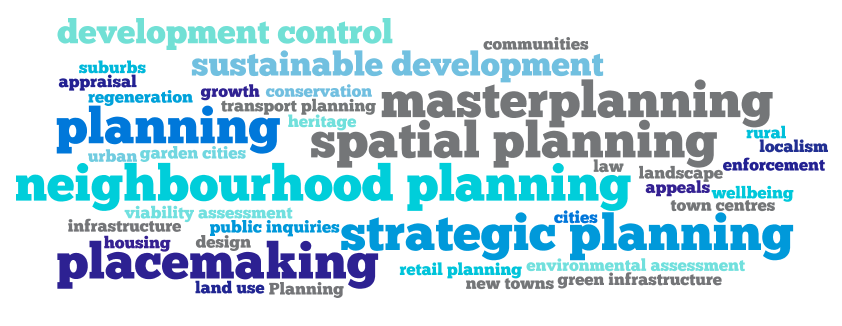The Idox Information Service has been offering an information service for planners and other built environment professionals for forty years. Our new individual subscription offer allows planners to benefit from our expertise and acess a wide range of resources for use in their work and continuing professional development.
Use of evidence within planning
“Research and theory can help to lift the perspective of practitioners beyond the day-to-day demands of the job, to provoke reflection and discussion about the wider social purposes and values of planning. It can also help us better to defend planning from those who would seek to erode it further.”
These words from Dr Mike Harris, Deputy Head of Policy and Research at the Royal Town Planning Institute, highlight the importance of ensuring that the planning profession is able to access and use evidence and research. Research is inherent to what it means to be a professional – to take informed, evidence-based decisions.
Barriers to the use of research
Like other professions, planners face barriers to keeping up with the latest evidence – most obviously lack of time and the accessibility of much research (both in terms of knowing it is out there and being able to understand how academic reserach relates to practice).
With resources in local planning authorities in particular likely to remain very tight, but with practitioners under more pressure to deliver than ever, the question is how can the profession retain and enhance the evidence base it needs to do its job effectively? And how can practitioners engage with the research and analysis on key developments in policy that affect planning, such as devolution, economic growth, sustainability and housing?
Cross-cutting issues
It was clear at this year’s RTPI Convention that the planning profession has a significant contribution to make to current policy priorities such as improving wellbeing, sustainability and economic growth. Understanding these wider debates and engaging with them effectively, in a way that positions planners as a solution to a problem rather than a barrier, is something that is crucial for the future of the profession.
Reflecting recently on this year’s Association of European Schools of Planning (AESOP) research conference, the RTPI’s Mike Harris suggested that “we urgently need the academic community to help us demonstrate how planning can produce better, more efficient markets for local development, in ways which promote growth and meet social and environmental objectives”.
New, exclusive offer for planners
In response to demand from planners to access research, evidence, opinion and commentary on both planning and wider cross-cutting issues, we have introduced a new individual membership offer to our Information Service, exclusively for RTPI Members.
Individual membership provides RTPI members with access to:
- Searchable online database of planning research resources with over 200,000 records and with 10,000 new items added every year;
- Free access to member-only briefings on key planning topics;
- 50 current awareness bulletins per year;
- Twice-monthly topic updates – choose from over 32 topics including planning, regeneration, economic development, management, architecture, transport and community development;
- Free user support to help planners find and access the research they need;
- Book loans and copyright material are available on request (subject to additional charges).
The annual subscription of £179 (plus VAT) represents a 30% saving on the cost of the normal rate for individuals.
We’re happy to be working with the RTPI to enhance professional knowledge and intelligence at a crucial time for planning, and we look forward to welcoming more RTPI members as subscribers to our service.
To find out more about what we cover, read our planning subject guide.
You can find out more about the offer for Institute members on the RTPI website.
Share
Related Posts
By Ian Babelon A new-old concept for proximity “Are we there yet?” Parents may patiently nod to their children’s insistent nudges on a 20-minute journey to… somewhere. Quite rightly, researchers have asked: twenty minutes to what? The answer may well ....
Following the adoption of National Planning Framework 4 (NPF4) at the end of February, the Scottish planning system and planning services are dealing with transitioning to a development plan system without statutory supplementary guidance and where the relationship to current ....
By Ian Babelon In the first part of two blog posts, published on 22 May, Ian Babelon provided examples of good practice in retrofitting social housing. The second part of this blog post looks at estate-wide and area-wide social housing ....


